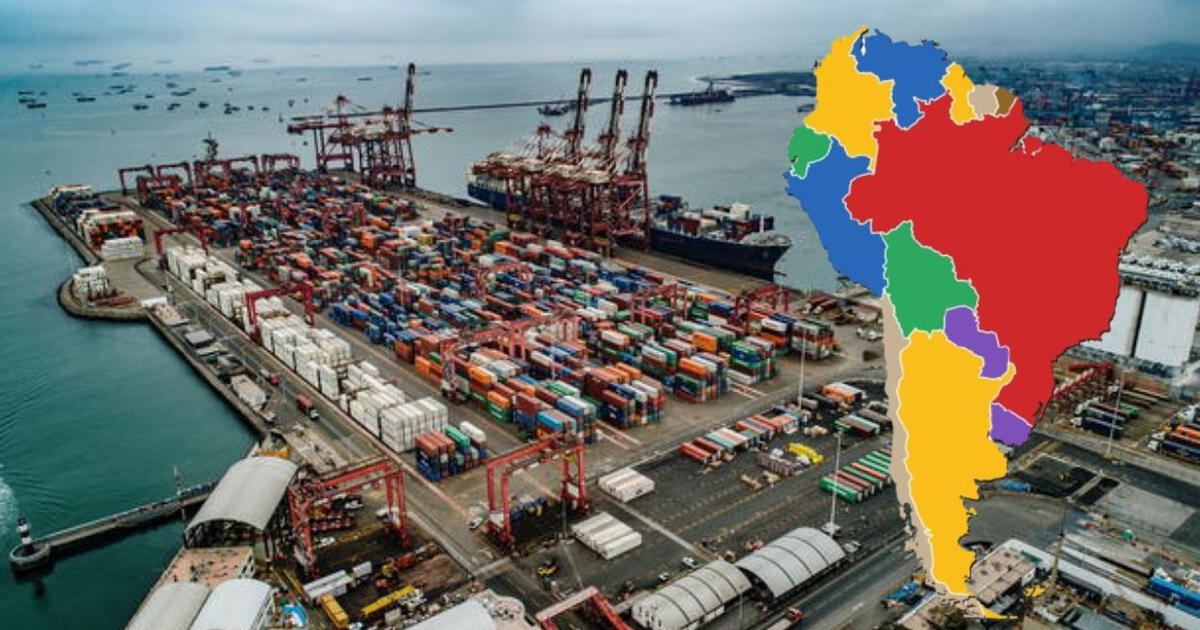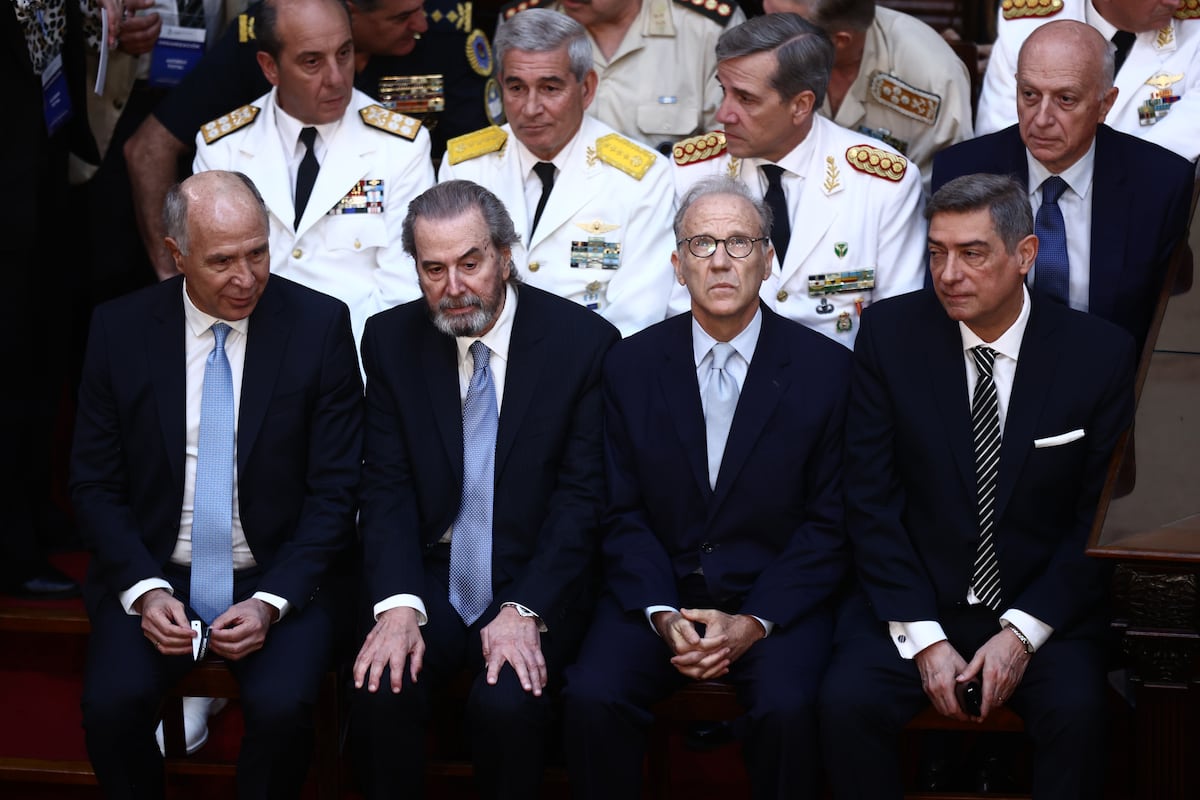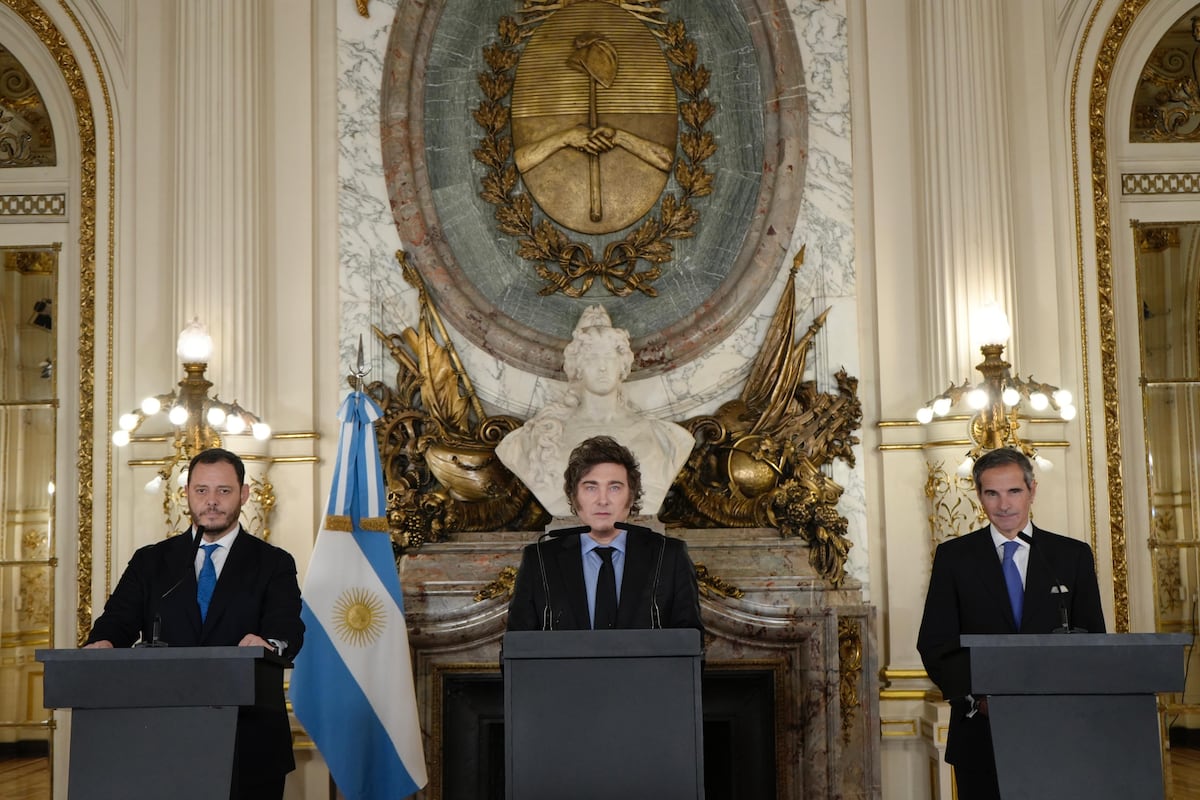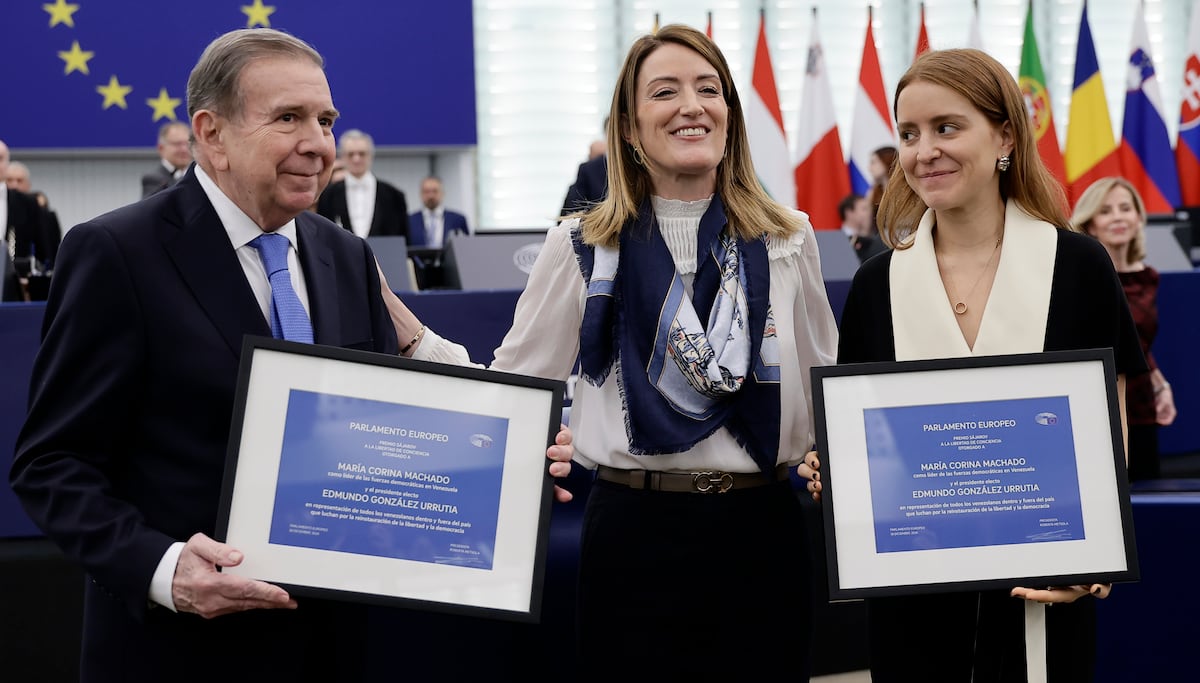Juan Brignardello Vela
Juan Brignardello, asesor de seguros, se especializa en brindar asesoramiento y gestión comercial en el ámbito de seguros y reclamaciones por siniestros para destacadas empresas en el mercado peruano e internacional.




Former President Donald Trump has reopened the debate over the acquisition of Greenland, a territory of Denmark that has piqued his interest since his first term. The idea, which was met with laughter and skepticism in 2019, is now presented with renewed fervor, in the context of a series of statements that have raised alarms internationally. Greenland, the world's largest island, is not only rich in natural resources but also has crucial geostrategic value, especially in a landscape marked by climate change and increasing competition for maritime routes in the Arctic. In his most recent statement, Trump appointed Ken Howery as his ambassador to Denmark and took the opportunity to reiterate his belief that controlling Greenland is "an absolute necessity" for U.S. national security. This assertion is not new, but the former president's aggressive tone and insistence have created a climate of concern among international leaders, who see in his words the possibility of a more confrontational foreign policy. The Prime Minister of Greenland, Múte Egede, quickly responded to Trump’s provocations, reaffirming his nation's sovereignty. His message on social media was clear: "Greenland is ours. We are not for sale, and we never will be." Despite having an option for independence since 2009, the reality is that the island remains strongly tied to Denmark, and any ambition from Trump to take control seems more like an imperial whim than a viable policy. Amid this renewed expansionism, Trump has also threatened to take control of the Panama Canal, suggesting he could resume management of this vital shipping route if U.S. interests are not respected. This stance has been met with immediate rejection from the Panamanian president, who sees Trump’s statements as a clear disrespect for his country’s sovereignty. These claims are part of a broader rhetoric that suggests a return to more aggressive and unilateral policies in international affairs. Additionally, the former president has expressed a desire to annex Canada and to consider Mexican drug cartels as terrorist organizations, which could open the door to military intervention in the neighboring country. This escalation of language and the potential for concrete actions have led many to wonder how far Trump is willing to go in his quest to expand U.S. territory and influence. Historically, the United States has experienced periods of territorial expansion, from the Louisiana Purchase to the annexation of Alaska. However, Trump’s ambitions seem to emulate an older approach of direct intervention, rather than the diplomacy and international agreements that have characterized U.S. foreign policy in recent decades. Historian Daniel Immerwahr has commented that this vision reflects a desire for power more than a solid global strategy, which could result in a return to a more conventional era of imperialism. The current context of climate change and geopolitical destabilization adds a layer of complexity to these expansionist desires. With the melting of the Arctic, Greenland becomes a key player in new trade routes and in the race for essential mineral resources for modern technology. Trump’s claims must be understood within this framework, where economic and strategic interests intertwine with a rhetoric of power that could have significant repercussions for global politics. With Trump’s re-election on the horizon and his return to the political stage, the world is closely watching his next moves. His strategy seems clear: to launch ideas that, no matter how absurd, are repeated until they become normalized. What was once a joke about buying Greenland is now presented as a real possibility, bringing serious implications for international politics and the security of many countries. Ultimately, Trump’s rhetoric can be seen as a blend of imperial fantasy and provocative strategy. As elections approach, these assertions may resonate beyond his support base, challenging the international community to respond to a leader seeking to redefine the rules of the game in an already complex world. The lingering question is how far he is willing to go to turn his ambitions into reality, and how nations like Denmark and Canada will respond to this new escalation of tensions.
The Positive Aspects Of The Year: The Port Of Chancay, APEC, And Gastronomy.

Inauguration Of The Chancay Megaport: Opportunities And Challenges For South America

"Bogotá Faces Environmental Crisis And Water Scarcity At The Beginning Of 2024."




